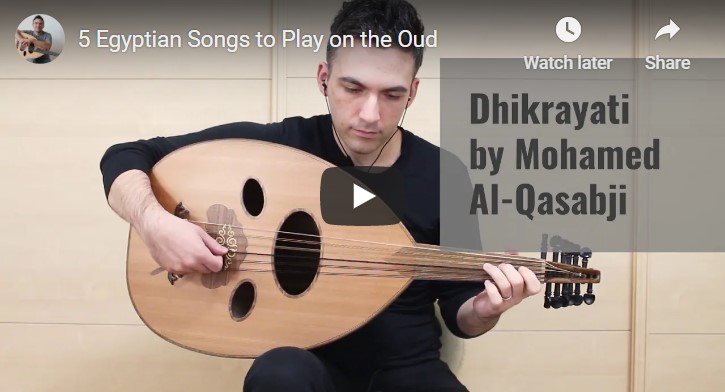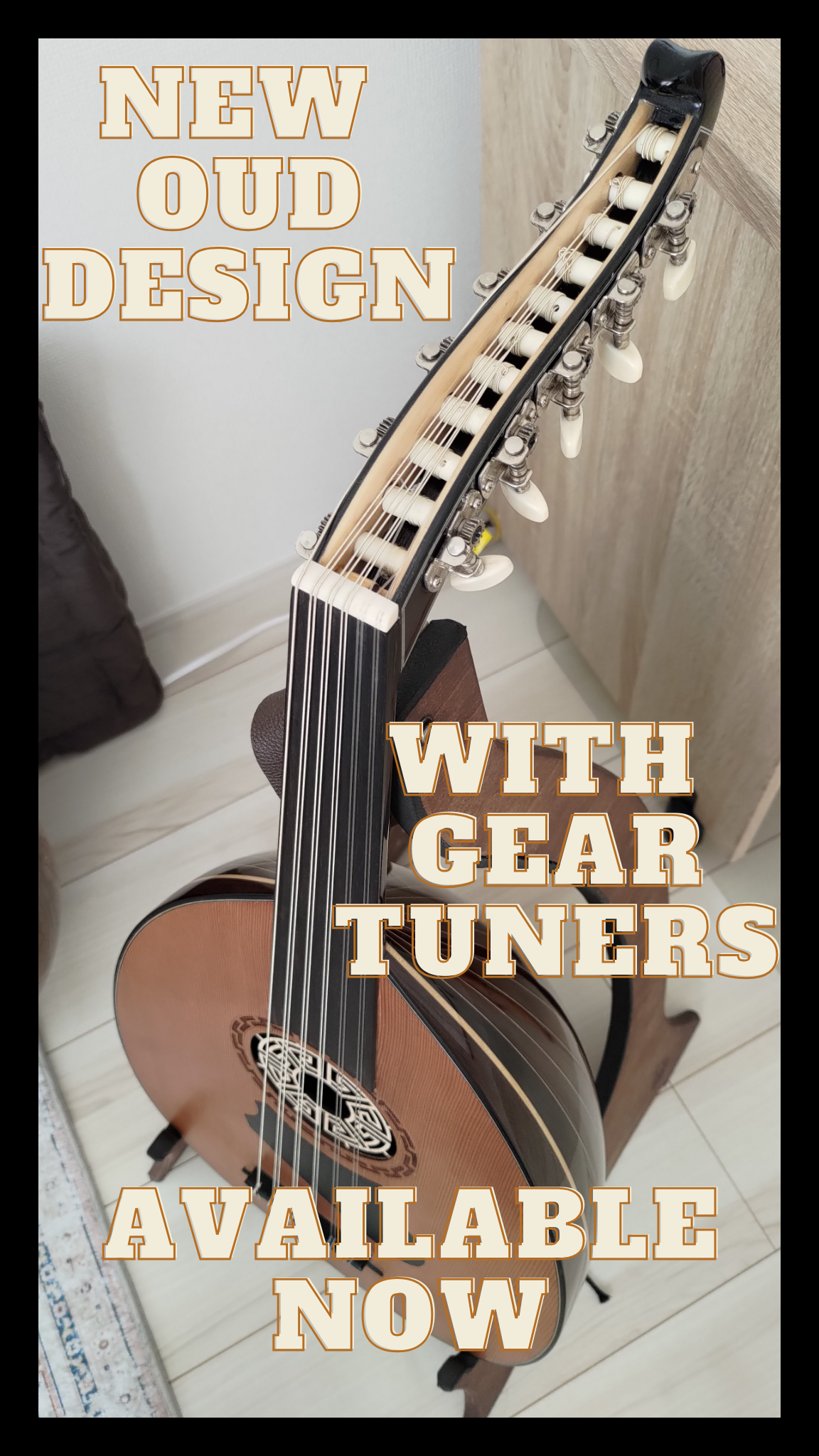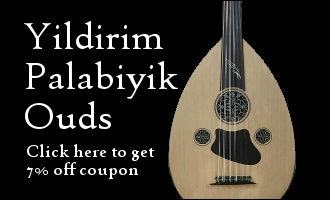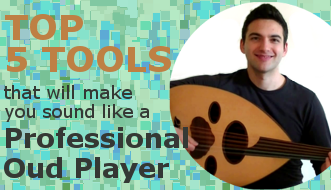A few weeks ago I shared some Egyptian songs, and we explored some of the “classic” composers and singers that are dear to Egyptians. We mentioned the likes of Umm Kulthum, Riad Al Sunbaty, and Mohamed Abdul Wahab, and Said Darwish. There was something missing from that post. Where was the Oud element to all that? How do you explore this music on Oud? The task is fairly difficult. For…
Read MoreUnraveling a Taqasim – Episode 1. Maqam Ajam Ushayran
It has been difficult to make time for practising Oud this week. But on the days I was able to, it happened because I put Oud first on my list of things to do. One of the things I’ll be working on for myself since the retreat is taqasim. Previously, I’ve always allowed my taqasim to be completely spontaneous. I don’t think about it. But after the retreat…
Read MoreThe Ultimate Guide to Persian Music
Persian Music is EASIER to Learn Persian music is definitely not as popular among Western peoples as is Arabic and Turkish music. There could be many reasons for this, but I think the two biggest ones are: 1.) The political climate of the last 30 years has closed off Iran’s cultural heritage to the world to only a select few with the tenacity to pursue it. 2.) The music itself rather introspective,…
Read MoreSawt Al-Khaleej
Today you’re going to learn about a really important genre of Arabic music. This music is timeless and ancient. It is very different in tone and feeling than Arabic music in Iraq, Syria, Lebanon, Palestine, and Egypt. You can call it Sawt Al-Khaleej, or Sawt for short. Sawt music is the Arabic music I find very intriguing. The rhythms are very unique, and the Oud playing is absolutely furious.…
Read More10 Ways to Hold An Oud Risha
There are many ways to hold an Oud risha, believe it or not… I learned how to hold it one way, and I eventually decided that it wasn’t for me and I changed my style and found what suited me better. In this video, you’ll see different styles of risha shape, material, and different ways to hold it. You’ll learn how Simon Shaheen holds his risha, and you’ll even…
Read MoreFarid Al Atrash Taqsim Al Rabeea Part 4 – Finale!
I was listening to this Album by the Classical Arabic Orchestra of Aleppo, Ottoman Arabic Classical Music. The first track is Samai Bayati starting with a Oud taqsim. At about 0:53 seconds, the Oud player plays the exact same riff that Farid Al Atrash played from his taqsim Al Rabeea… it’s not exactly the same, but it’s quite obvious where the inspiration for this comes from. In…
Read MoreFarid Al Atrash Taqsim Al Rabeea Part 2
Improvisation is a hot topic in Middle Eastern Music… Improvisation is a very interesting topic in Middle Eastern music that demands a lot of study. Farid Al Atrash was one particular master of improvisation and known for a very distinct, flashy style. A lot of Oud learners struggle with this because often the concept of improvisation is very different in Western music. There is Jazz improvisation……
Read MoreFarid Al Atrash – Taqsim Al Rabeea
As you may know, I’m from Iranian background and I grew up in that culture in Canada. It wasn’t until about 8 years ago I started to really listen to Arabic music. Over that time period, I’ve really seen some interesting cultural differences through both music cultures. Iranians are expected to stay dead quiet until the end of a performance… Iranian musicians and performers expect their…
Read MorePlay Sidi Mansour
Who doesn’t know this song? This is a classic! And now you can learn how to play it on the Oud! I didn’t start listening to the classic Arabic artists like Farid Al Attrash or Oum Kulthum… in fact I didn’t really get it or like it… This is one of the first Arabic songs that I heard which got me more interested in learning Arabic music.…
Read MoreSamai Bayati Al Aryan Part 4
This article is going to finish up our Samai Bayati Al Aryan free oud lessons. After watching this week’s video you’ve learned quite a bit of this piece. Watch out for the teslim… the teslim is played twice. The first time you play the teslim through the last three beats will join it up to the beginning of the teslim because it’s repeated. The second time you play the teslim…
Read More





